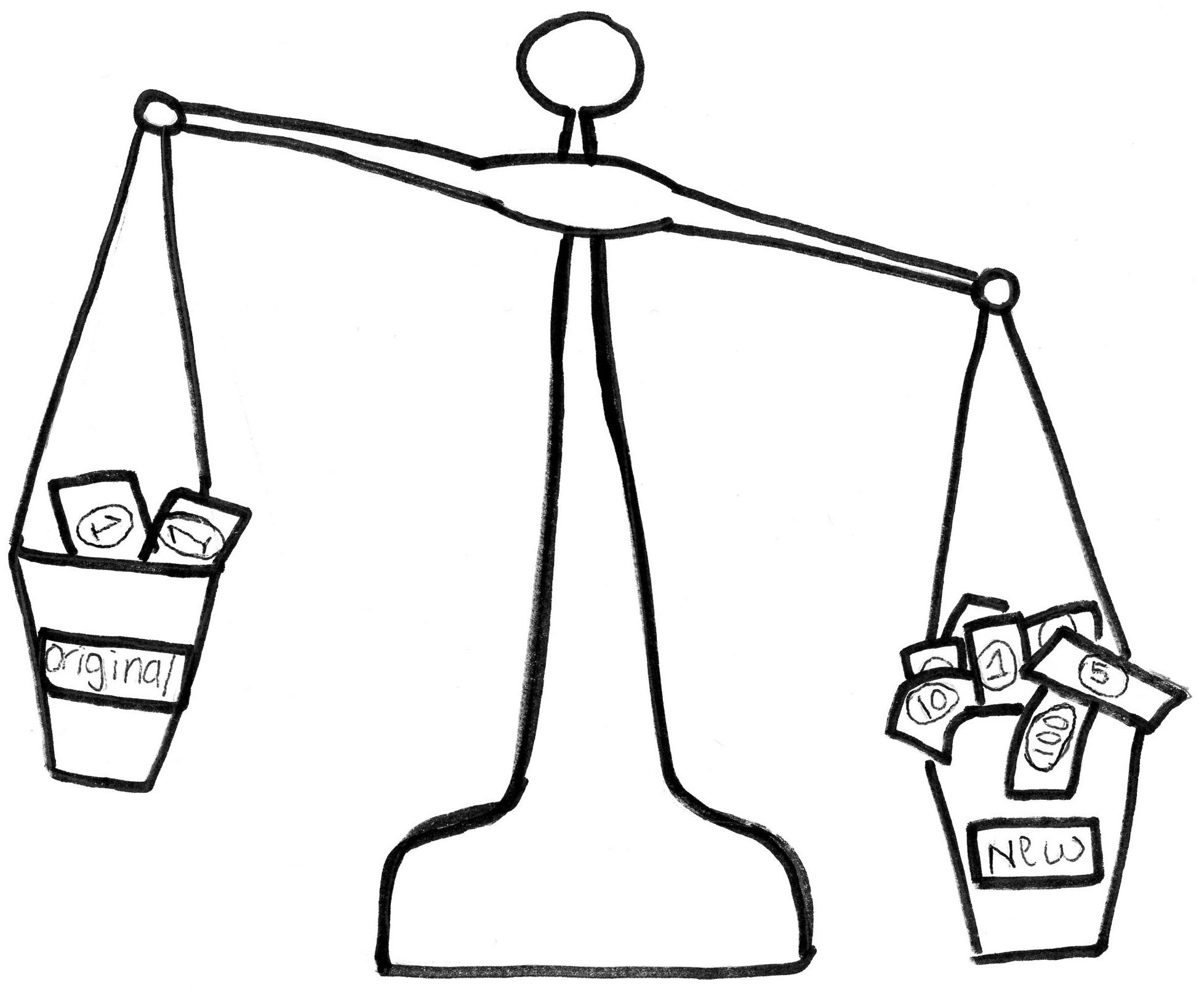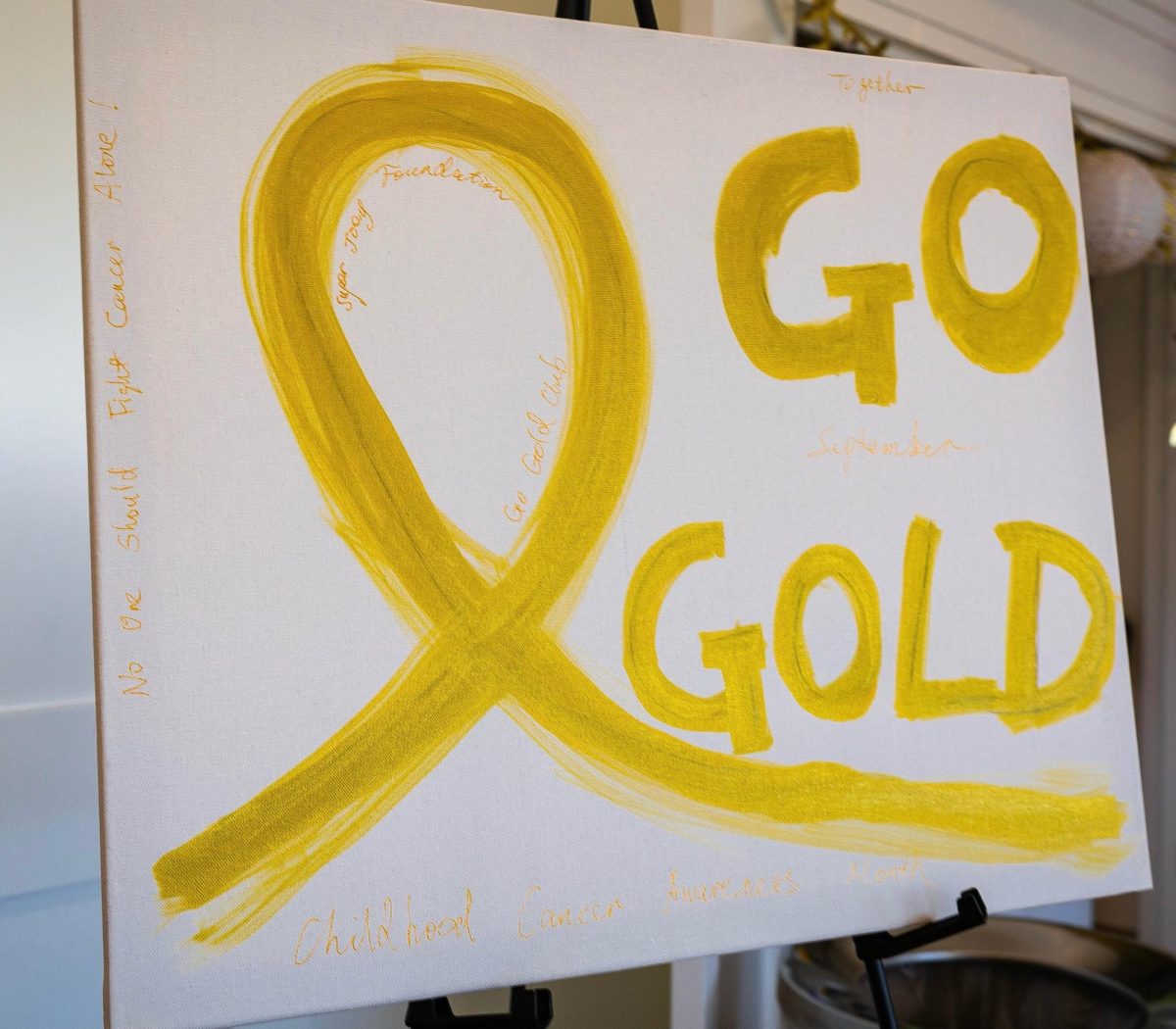By Caitlin Chung ’20 and Anusha Mathur ’20

Buy for five dollars, sell for ten. At first, it seems like a smart idea. It seems like an easy way to make money and give someone something they want. As Girl Scouts began to sell cookies this spring, several issues involving both selling and reselling goods arose in the school community. Should students be able to sell items at school without facing consequences, or should it be banned completely?
As outlined in the MS Student/Parent Handbook, “selling of items for any reason” is prohibited. However, “students who wish to sell items for charitable purposes must apply for permission from HW-Give.” Although Girl Scouts qualifies as a charitable organization, none of the students selling cookies on campus have asked for permission from HW-Give. In addition, some students have been selling other goods such as shoes and different types of apparel for their own benefit. This has led to discussion among the middle school deans, who have not yet reached a conclusion about how the school community should handle the issue.
Even though selling goods such as cookies is technically a violation of the school code of conduct, the administration said it wants to be able to support its students in their extracurricular activities. Because Girl Scouts is an organization which is involved in building leadership in young girls, and the money earned from selling Girl Scout cookies supports good causes, selling Girl Scout cookies should be an exception to this rule. However, the line must be drawn at reselling Girl Scout cookies for a higher price by people who are not Girl Scouts and reselling other goods for personal benefit.
The administration is clear that reselling goods for a higher price constitutes a violation of school rules and will not be tolerated. Even though many students might interpret this act of entrepreneurship as being smart, it is explicitly banned. While the profits earned from selling things such as Girl Scout cookies goes to the Girl Scout organization, which is involved in empowering women, the profits earned from individual sales such as shoes, other apparel and goods solely benefit the seller. By allowing students to engage in these types of activities at school, we are fueling a self-serving mindset.
So why are kids reselling items for an inflated price? It seems like an easy way to make money. However, what students often do not consider are the repercussions it has on others. It is upsetting for the person they bought the good from because the original intention of selling it was certainly not for it to be resold. Additionally, in the case of Girl Scout cookies, the Girl Scouts who were selling cookies at school were very upset that students were taking advantage of their efforts to promote the Girl Scouts organization and that the money earned from the later sales were not going to the right place.
Reselling cookies can also have adverse effects on the person buying the product, because they have bought the good for an unfair price. Many times, students are unaware that they were even buying the good for a higher than normal price. In that case, reselling the cookies is actually dishonest and would constitute an Honor Code violation.
This is not to say that reselling goods to other people is always bad. In the real world, reselling of goods for a higher price happens often. For example, retail stores sell goods for a price that is marked up. However, students should not be conducting such transactions at school. Doing this promotes an environment where students take advantage of others for their own personal interests.
It is important to support students participating in organizations such as Girl Scouts, because it is directly involved in empowering leadership in young girls, but pursuing one’s own ends at the expense of other people or a good organization only creates a sense of distrust within the community.



